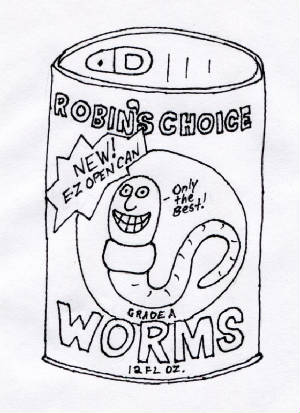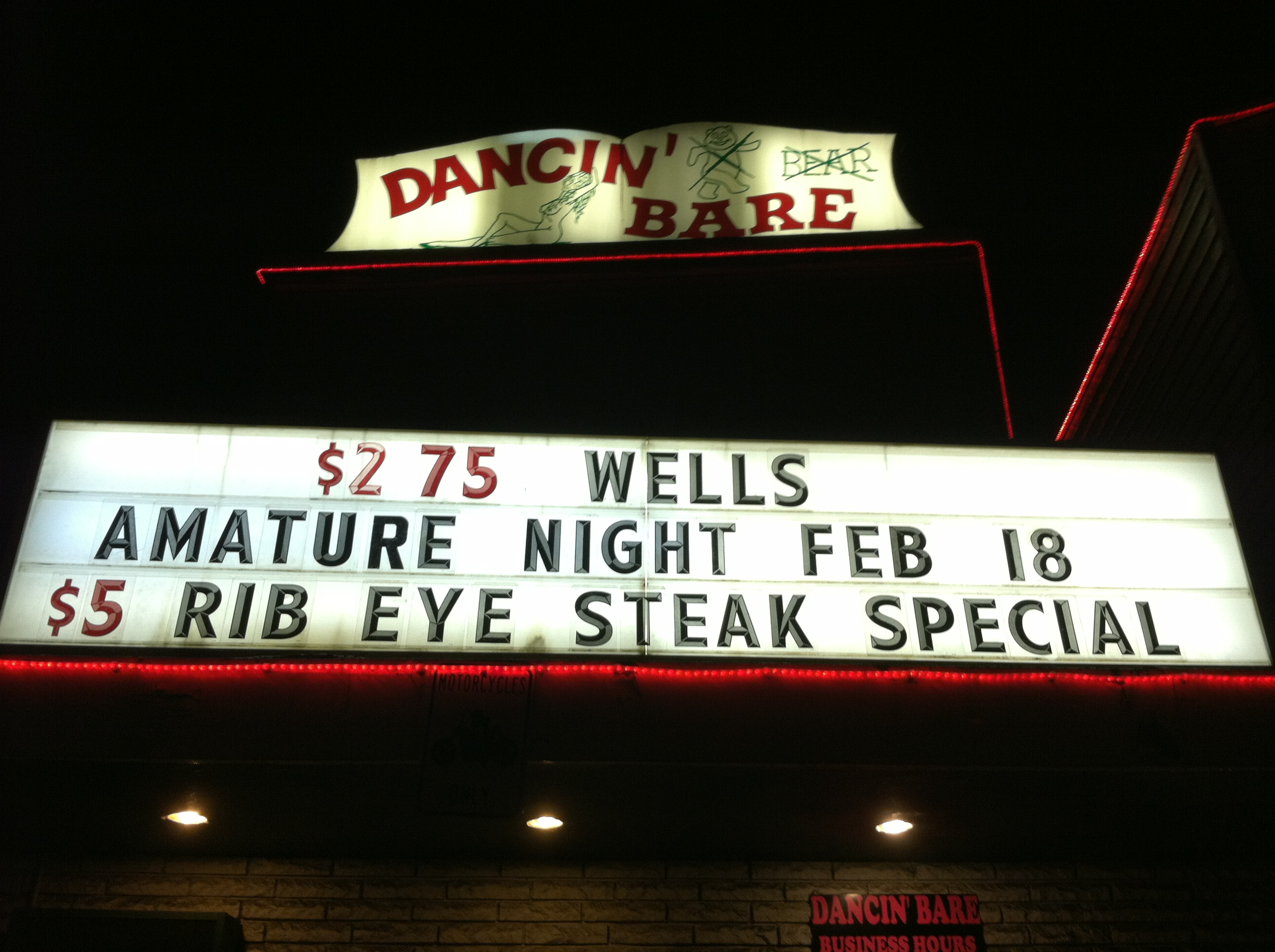|
Monday, April 23, 2012
Word of the Every So Often Rubicon: (noun) a point of no return. Having climbed the ladder of the high
dive, Elisa realized she had reached the Rubicon when all the other kids started yelling, “Jump! Jump! Jump!”
Cliché of the Week That’s opening up
a whole new can of worms. 
Friday, April 20, 2012
Ye “Ye” is something that we think people of old said. It wasn’t.
“Ye” was a shortened form of “the” used by printers to make it easier to justify lines, back when
the computer wouldn’t do it for you automatically, and you had to put all the letters in by hand. It was not pronounced
“yee,” but rather, “the,” just like it is today. However, we’ve come to think that’s
how they talked back in the way back. Therefore, the only people who actually say “Ye” are people nowadays
who think they’re sounding like how people used to talk. (Bryson 13) Work Cited Bryson, Bill. Made in America: An Informal History of the English Language
in the United States. New York: Avon Books, 1994.
Wednesday, April 18, 2012
Word of the Every So Often immemorial: (adj.) from the distant past; ancient. Since time immemorial, people have been
misusing that word.
Tuesday, April 10, 2012
 You know, I don't suppose spelling really does matter if all you're interested
in is winning amateur night at the local strip club.
Monday, April 9, 2012
Word of the Every So Often cognizant: (adj.) being aware; having knowledge. Even our falling asleep did
not make Sheila cognizant of just how truly boring she was.
Another Deep Thought: The hardest things not to believe are those which are almost true.
Monday, April 2, 2012
Word of the Every So Often credence: (noun) the acceptance that something is true or believable. Having us listen to
all their albums gave credence to Credence Clearwater Revival’s being a great band.
|